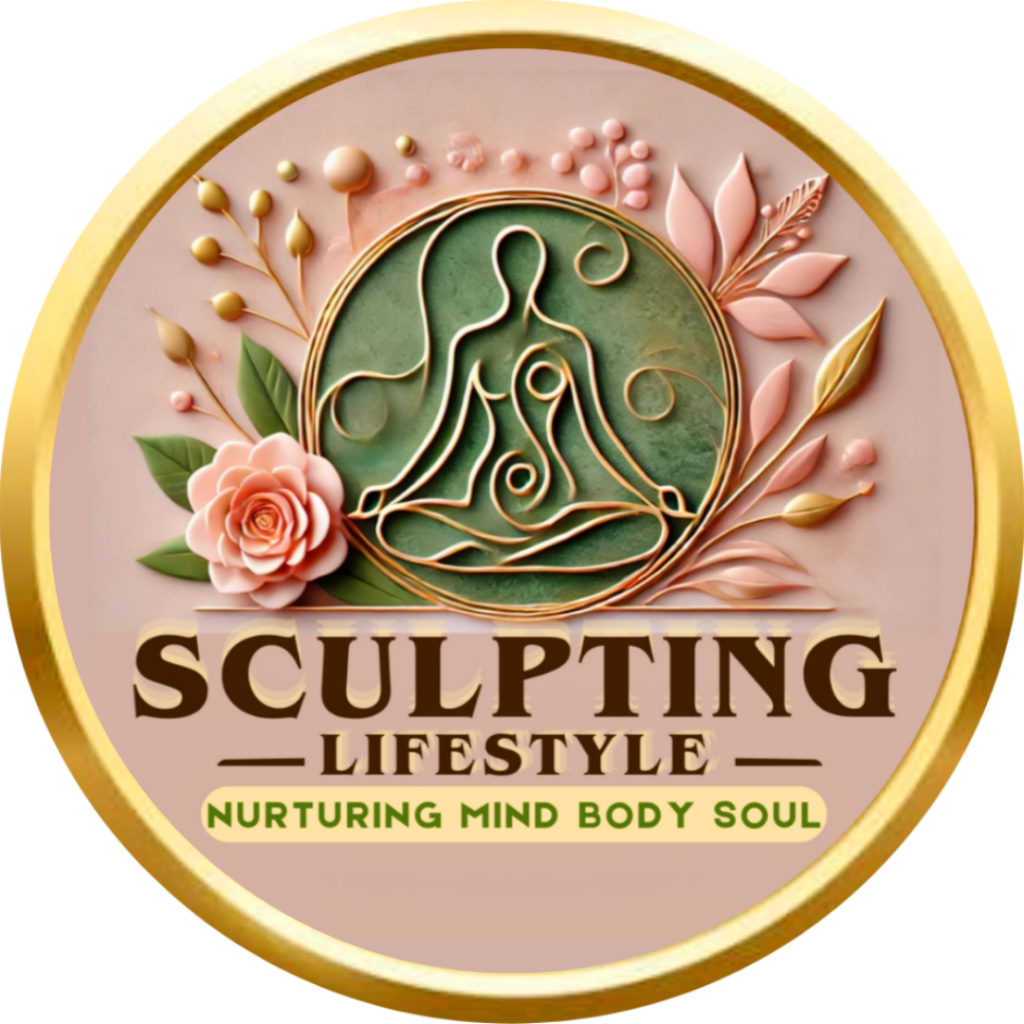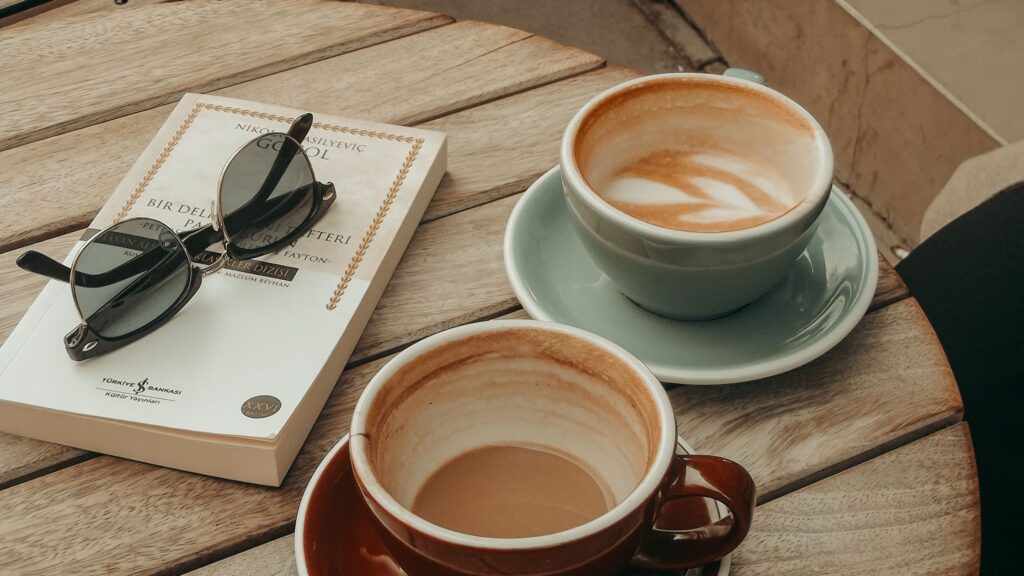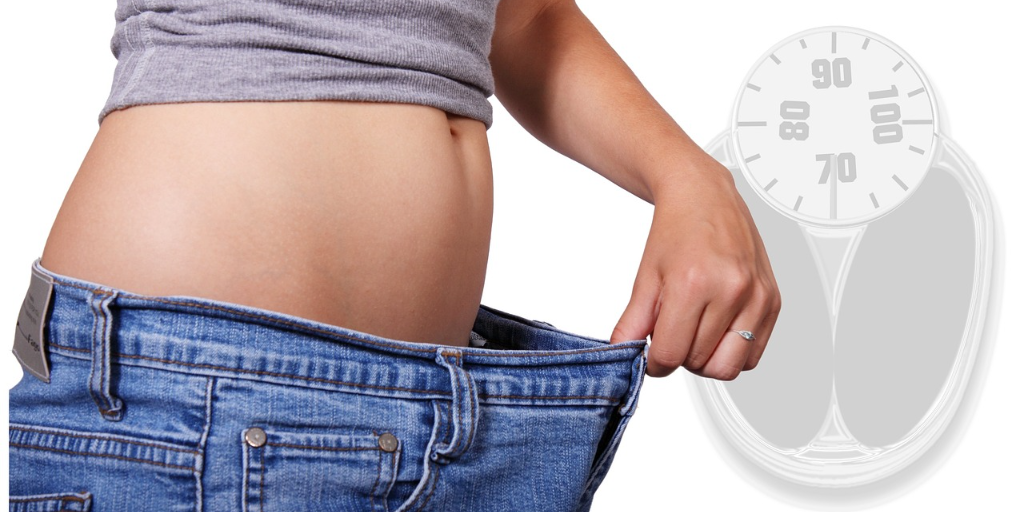Tea and coffee are more than just morning rituals – they’re energy boosters, comfort drinks, and even social companions. But while most of us sip them without a second thought, the timing of when you drink tea and coffee can make all the difference to your energy levels, digestion, and even long-term health. Understanding the best and worst times to enjoy these beverages can help you maximize their benefits and avoid unwanted side effects.
The Best Times to Drink Tea and Coffee
1. Mid-Morning Boost (Around 9:30 AM – 11:30 AM)
After waking up, your body’s natural stress hormone cortisol is at its peak. Cortisol helps keep you alert, so drinking tea or coffee immediately upon waking may not give you the energy boost you expect. Instead, waiting for cortisol to dip mid-morning makes caffeine more effective. Around 9:30–11:30 AM is ideal for your first cup.
2. Before a Workout
Both tea and coffee can act as natural pre-workout stimulants. Coffee, with its higher caffeine content, enhances endurance, sharpens focus, and boosts fat burning during exercise. Green tea, on the other hand, contains L-theanine, which provides calm alertness and helps sustain energy without jitters. Drinking a cup 30–45 minutes before exercise can power your performance.
3. Early Afternoon Slump (Around 1:00 PM – 3:00 PM)
This is when many people feel drowsy after lunch. A moderate cup of tea or coffee can improve alertness, increase focus, and prevent productivity crashes. Opt for green tea or black tea in the afternoon if you want something gentler, or a small coffee if you have a high tolerance for caffeine.
4. Social or Relaxation Rituals
Herbal teas (like chamomile, peppermint, or tulsi) are caffeine-free and can be enjoyed in the evening without disturbing sleep. They are perfect for winding down, aiding digestion, and creating a calming bedtime ritual.
The Worst Times to Drink Tea and Coffee
1. First Thing in the Morning (6:00 AM – 8:00 AM)
Although many of us crave that morning cup immediately after waking, it’s not the best time. Your cortisol levels are naturally high, and adding caffeine may increase cortisol dependence and disrupt your body’s natural energy rhythm. Instead, hydrate with water first and then enjoy your tea or coffee after breakfast.
2. On an Empty Stomach
Coffee and strong teas are acidic. Drinking them without food can irritate the stomach lining, increase acid reflux, or cause nausea in some people. They may also lead to a spike in stress hormones. Always pair your tea or coffee with a light snack or meal for smoother digestion.
3. Late Afternoon and Evening (After 4:00 PM)
Caffeine can stay in your system for 6–8 hours. Drinking tea or coffee too late in the day can interfere with your sleep cycle, reduce melatonin production, and make it harder to fall asleep. If you’re sensitive to caffeine, avoid it after 3:00–4:00 PM. Choose herbal teas instead.
4. Right After Meals
Many people drink tea or coffee immediately after eating. However, both beverages contain compounds called tannins and polyphenols, which can bind to iron and other minerals in food, reducing nutrient absorption. If you want your body to fully benefit from your meal, wait at least 30–60 minutes before sipping tea or coffee.
5. During Stress or Anxiety Episodes
Both tea and coffee stimulate the nervous system. For someone already experiencing stress, caffeine may worsen jitteriness, increase heart rate, or trigger anxiety attacks. In such cases, calming herbal teas like chamomile, lavender, or lemon balm are far better choices.
Tips for Healthy Tea and Coffee Habits
-
Moderation is key – Stick to 1-2 cups of coffee – tea per day (small cups do not go for mugs).
-
Stay hydrated – Coffee and strong teas can have a mild diuretic effect, so balance them with enough water.
-
Avoid excessive sugar and creamers – They add calories and may cancel out health benefits.
-
Choose quality – Freshly brewed tea and coffee are better than instant varieties packed with additives.
-
Listen to your body – Everyone has a different tolerance for caffeine. Adjust timing and quantity to suit your energy levels, digestion, and sleep quality.
FAQs on Tea and Coffee Timing
Q1: Is it okay to drink coffee right after waking up?
Not recommended. Cortisol levels are high in the morning, so it’s better to wait 60–90 minutes after waking for your first cup.
Q2: Can I drink coffee before bed if I’m not sensitive to caffeine?
Even if you don’t “feel” its effects, caffeine can still reduce sleep quality. opt for herbal teas at night.
Q3: Is green tea safer to drink in the evening than coffee?
Yes, green tea has less caffeine than coffee, but it can still disturb sleep if consumed late. Stick to herbal teas in the evening.
Q4: Can tea or coffee help with weight loss?
Black coffee and green tea may support metabolism and fat burning when combined with a healthy diet and exercise, but timing and moderation matter.
Q5: Why should I avoid tea or coffee right after meals?
The tannins and polyphenols can reduce the absorption of iron and other nutrients from your food.
Key Takeaways
-
Best times: Mid-morning, before workouts, early afternoon.
-
Worst times: Empty stomach, late evening, right after meals.
-
Avoid overconsumption to prevent sleep issues, nutrient absorption problems, and anxiety.
-
Replace late-day caffeine with herbal teas for relaxation and better sleep.
-
Always listen to your body’s signals – balance and timing make tea and coffee your friends, not foes.
Conclusion
Tea and coffee can be your allies for energy, focus, and relaxation when consumed at the right times. The best moments to enjoy them are mid-morning, before workouts, or early afternoon – never first thing on an empty stomach or too close to bedtime. By being mindful of when you drink tea and coffee, you can harness their health benefits while avoiding unwanted side effects like poor sleep, nutrient loss, or digestive issues.
So tomorrow morning, try waiting a bit before reaching for your mug – your body (and energy levels) will thank you.



